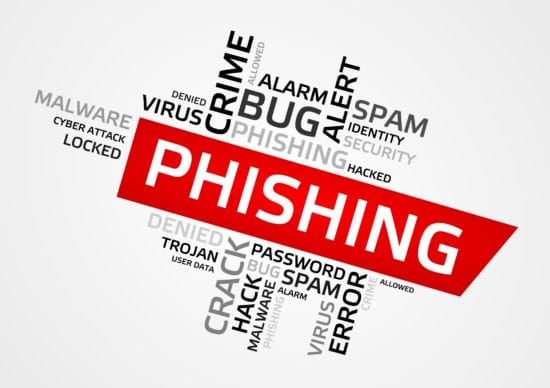When events like the outbreak of Covid-19 become projected on a global audience, cybercriminals try to exploit fear and uncertainty for financial gain. This is nothing new, with the FBI warning of phishing scams associated with Hurricane Katrina all the way back in 2005. Inevitably, malicious links posing as health advice have been popping up. There are however certain steps that people can take to mitigate against these attacks.
The opinions expressed in this post belongs to the individual contributors and do not necessarily reflect the views of Information Security Buzz.



